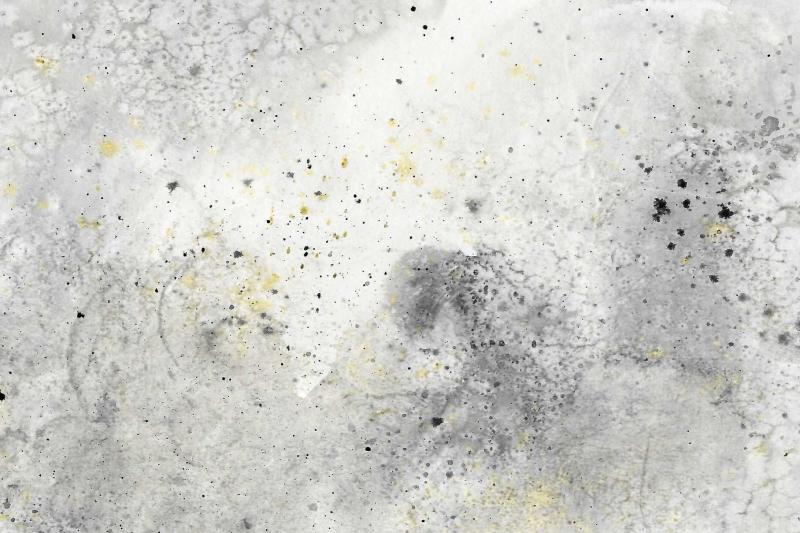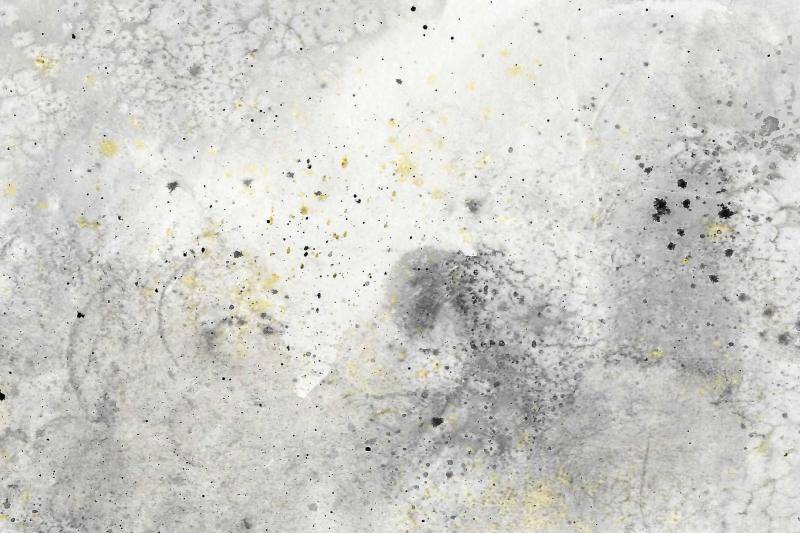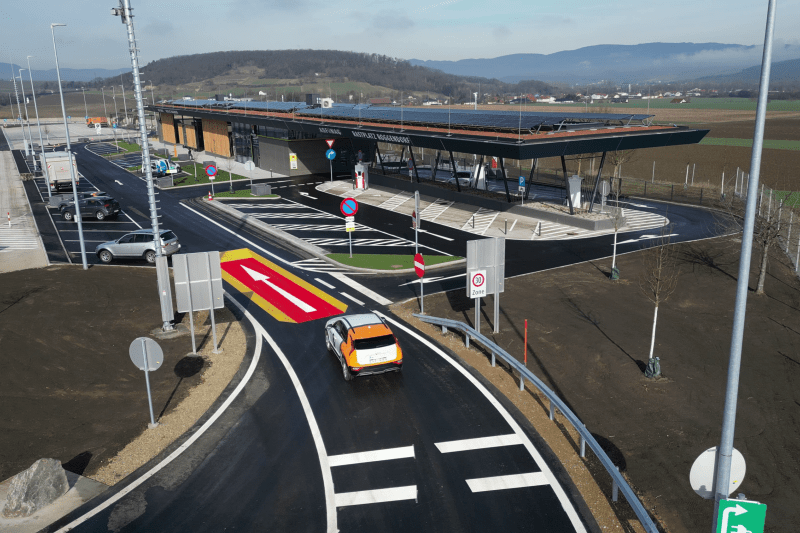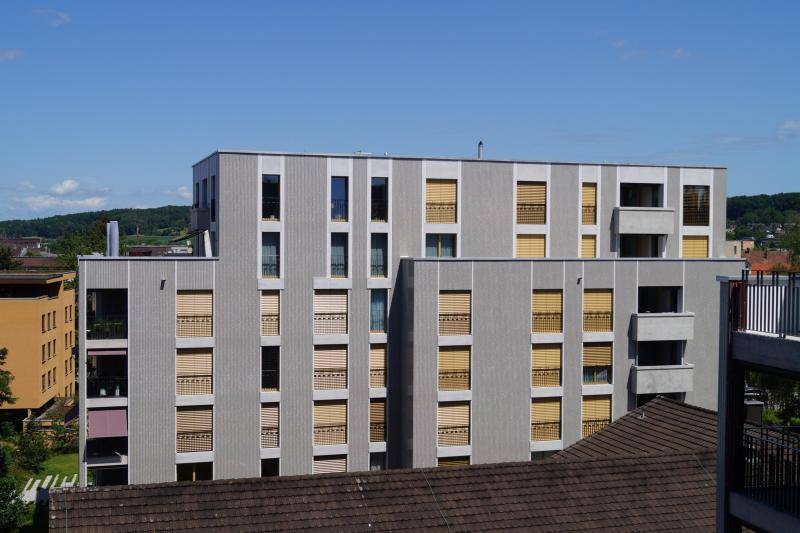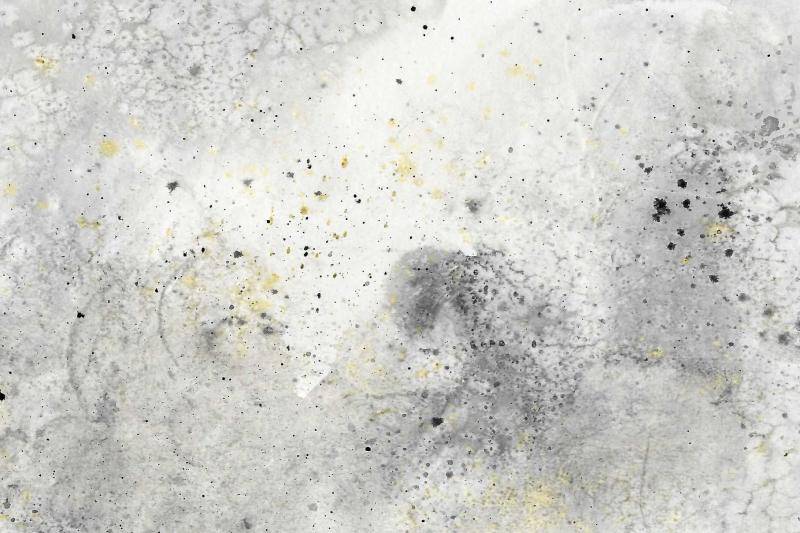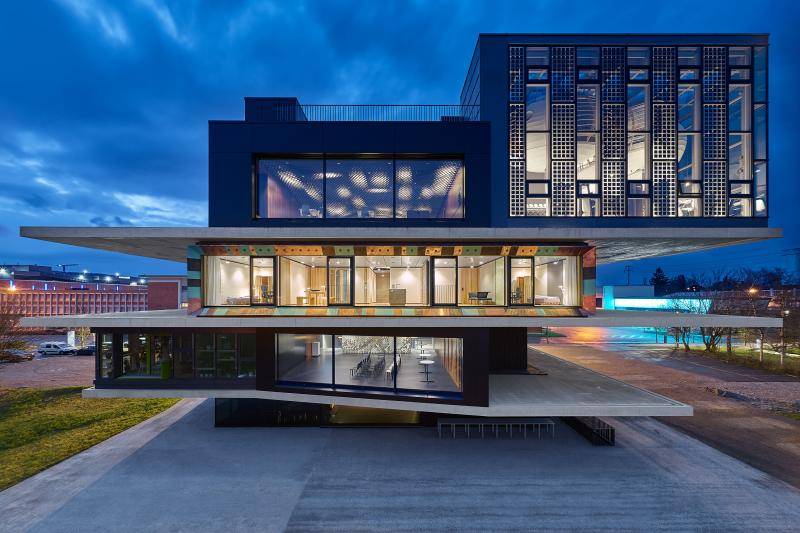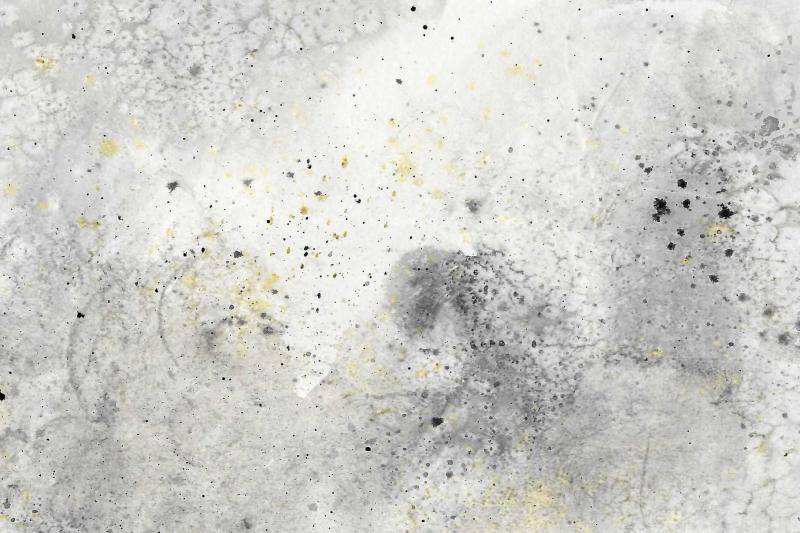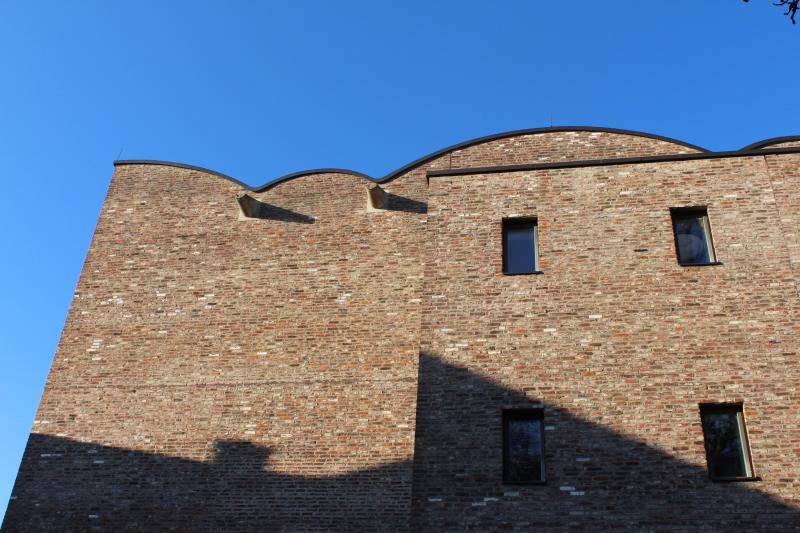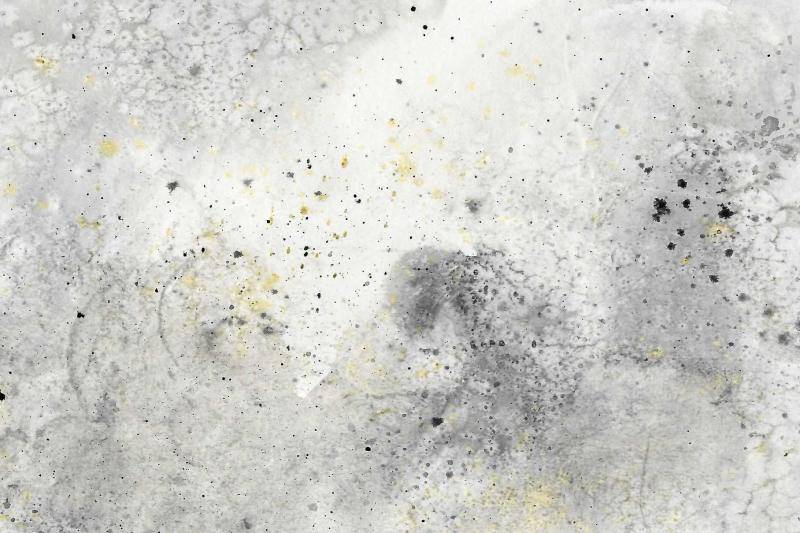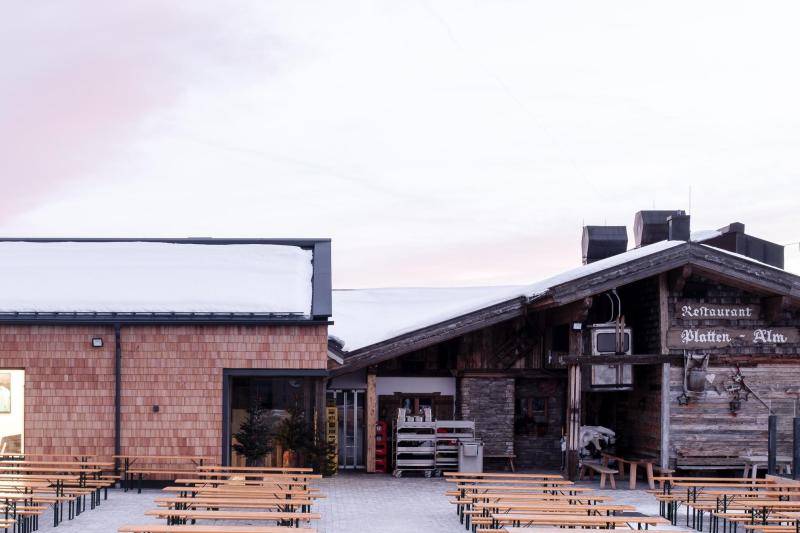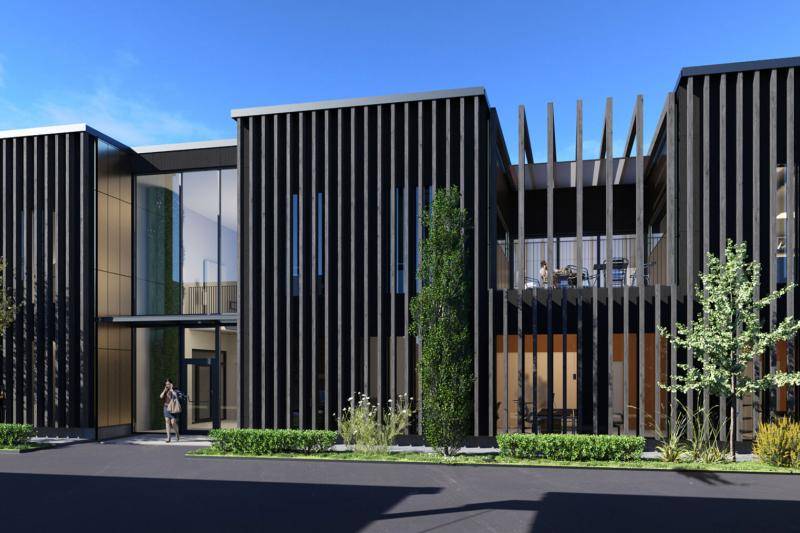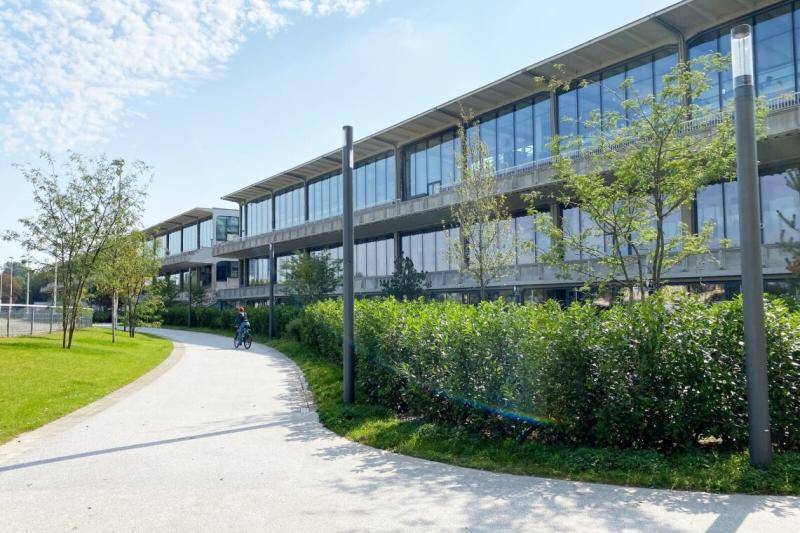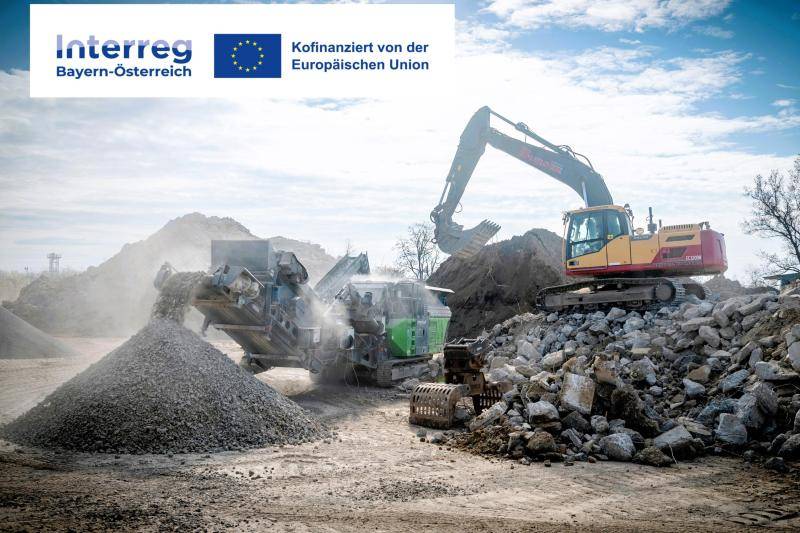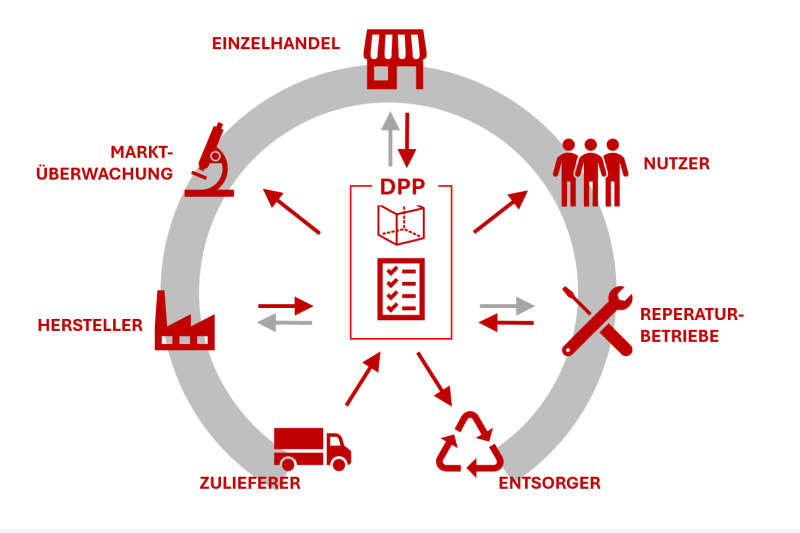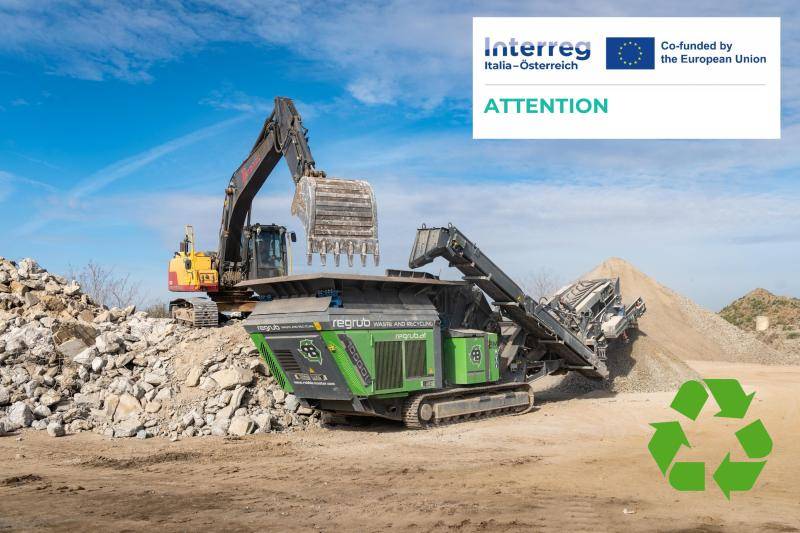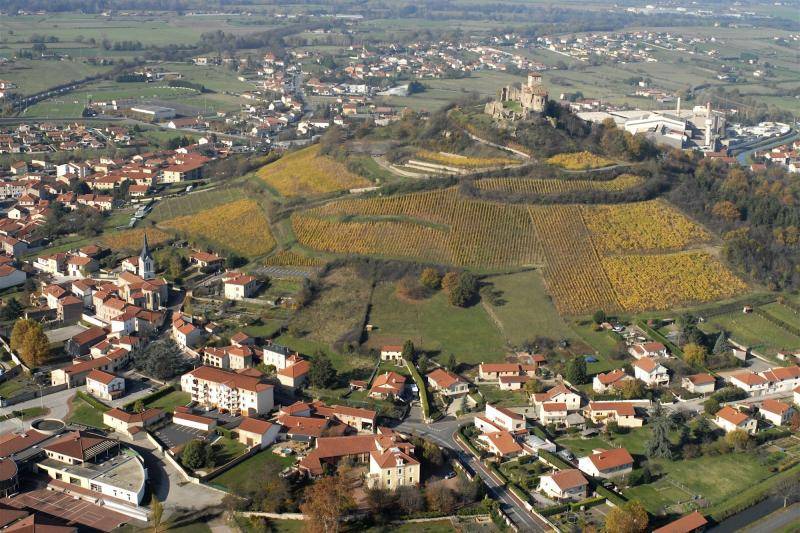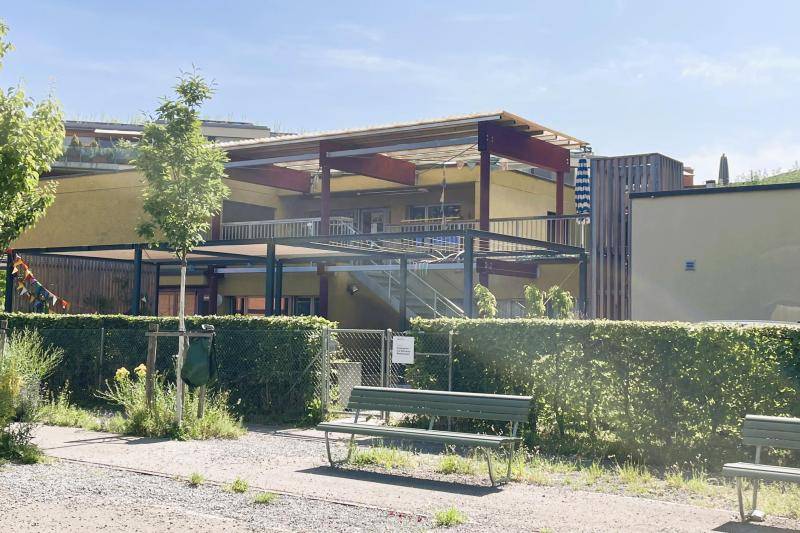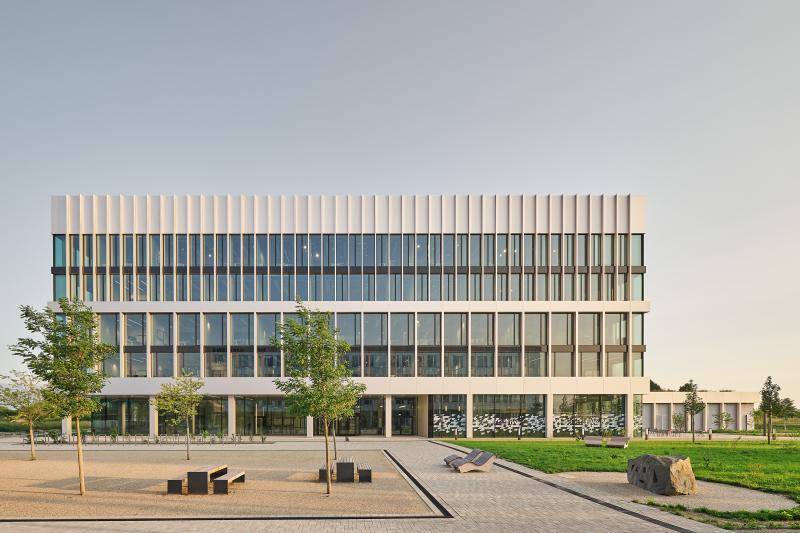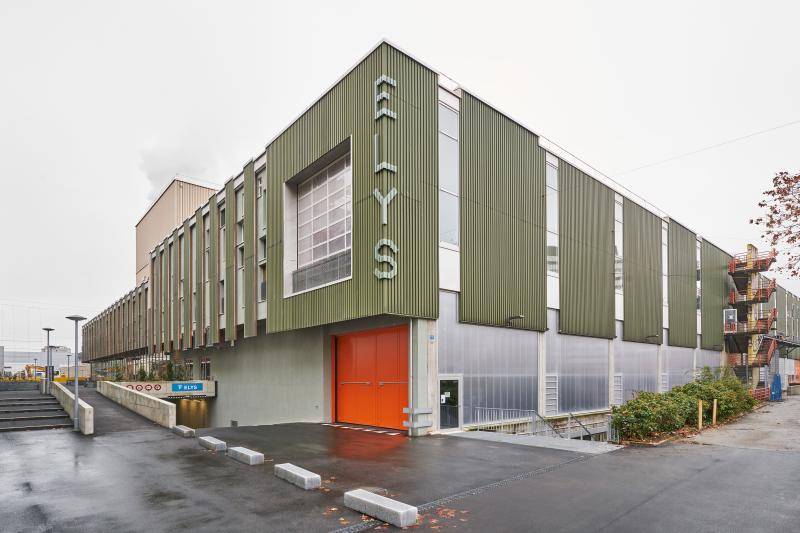Circular economy
The concept of the circular economy aims to reuse and recycle components and building materials in a closed cycle so that little waste is produced in the end. This approach begins with the planning of products and constructions and affects the entire life cycle of a building.The circular economy innovation map shows completed projects in the areas of recycling, reuse and dismantling. The Expert Network button takes you directly to the projects-experts, allowing to quickly find suitable companies in your area.
Fire station building of the Holcim cement plant
The new fire station at the Mannersdorf cement plant was built as an operational facility for the plant fire brigade. The compact building volume is f...
Book depot Vienna
With the new book depot for the Vienna University Library, the Federal Real Estate Company (BIG) is constructing a central storage facility for severa...
Future-Oriented Rest Area
Between Vienna and Salzburg, the modernised Roggendorf service station is setting an example for the future of transport infrastructure. Here, Afinag ...
"Stadthäuser Kloten"
The townhouses built by Züger Architects in the centre of Kloten show how dense construction can be combined with quiet, sheltered courtyard areas. Th...
Habau Headquarters – Renovation & Expansion
Habau's old corporate headquarters was expanded and equipped with renewable energies and component activation to make it fit for the future. The demol...
NEST research building
The NEST building at the Swiss Federal Laboratories for Materials Science and Technology (Empa) in Dübendorf, Switzerland, is a one-of-a-kind structur...
Civic Heart Niederwerrn
The “MittenIm” Community Center brings new life to the heart of Niederwerrn. Public services, event spaces, a museum, and a café are brought together ...
Kunstmuseum Ravensburg
Opened in 2013, the art museum is located in the heart of Ravensburg's old town and blends harmoniously into its historic surroundings. As the world's...
Reininghaus Primary School
The Reininghaus Primary School was awarded klimaaktiv Gold for its comprehensive sustainability concept. This standard was achieved primarily through ...
Expansion of the Plattenalm in Krimml
At the Plattenalm in Krimml, a new building is being constructed as an extension for gastronomy, staff housing, and a snow groomer garage. In total, 3...
Greenity Gate
The Greenity Gate in Guntramsdorf is a commercial complex from the 1970s that is being transformed into a modern industrial and office hub. Covering a...
Revitalisation of the Krieau Grandstands
The historic grandstands of the Krieau harness racing track are among the oldest reinforced concrete buildings in Vienna (1911–1913, Emil Hoppe, Marce...
RiBa - Recycling in Use
Applying recycling in construction: A contribution to more circular economy in construction.
Digital product passport for the construction industry
Process-related data provision for the construction industry - Objective: Making taxonomy, life cycle assessment rules, cost auditing and construction documentation manageable for small and medium-siz
CIRCULAR TIME LAB - Lucerne Summer
Circular Time Lab is a three-year design-build project by the Lucerne University of Applied Sciences and regional timber SMEs. Following the principle...
Saint Romain Le Puy
Urban renewal in the historic centre of Saint Romain Le Puy
Revitalizing a town center means implementing a set of actions that renew its attractiven...
Conversion of Kindergarten Mööslistrasse
The Kindergarten Mööslistrasse is located on the first floor of a municipal maintenance facility in Zurich-Wollishofen and was developed as a pilot pr...
SAP Labs Munich Campus
The SAP Labs Munich Campus in Garching is a new building designed to accommodate work, research, and teaching. Jointly used by SAP and the Technical U...
Adaptive reuse of Elys cultural and commercial building (Lysbüchelareal)
At the Lysbüchel site in Basel, a former Coop distribution center was converted into the Elys cultural and commercial building. The aim was to open up...
